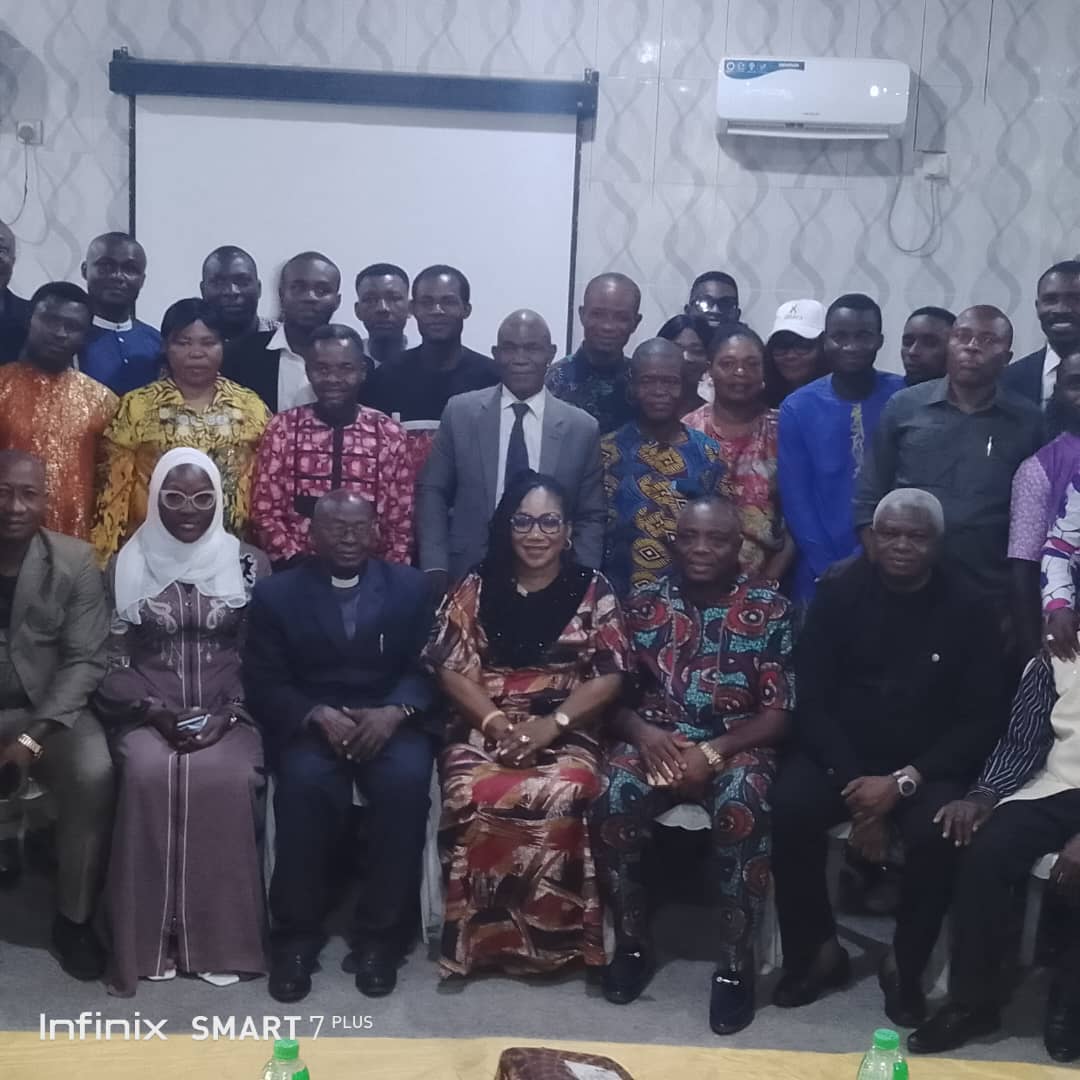Religious leaders in Abia State have been urged to refrain from messages of condemnation and discrimination against people living with HIV (PLHIV), and instead, promote compassion, support, and medical counseling within their places of worship.
The call was made by the Director General of the Abia State Agency for the Control of AIDS (ABSACA), Dr. Uloaku Emma Ukaegbu, during a two-day sensitization meeting on HIV prevention and community involvement with Christian and Muslim leaders in Umuahia.
Dr. Ukaegbu emphasized that stigmatization—often fueled by discriminatory preaching—kills faster than the virus itself. She appealed to religious leaders to use their platforms to guide their congregants with messages of hope, support, and the importance of early testing and adherence to treatment.

“Religious leaders play a critical role in shaping attitudes. They are influential mentors with deep reach into communities, especially at the grassroots,” Dr. Ukaegbu stated. “Instead of condemning, they should counsel and refer affected individuals to appropriate healthcare services while offering spiritual support.”
While educating the attendees on the medical science of HIV, the ABSACA DG explained that the virus attacks the immune system by reducing CD4 cells—key defenders of the body—leading to a weakened resistance. However, with early diagnosis and consistent use of antiretroviral medication, individuals living with HIV can live normal, healthy lives and even suppress the virus to undetectable levels, making transmission nearly impossible.

She reiterated the need for frequent awareness, openness to testing, and the avoidance of risky practices such as unprotected sex and the use of unsterilized instruments. Dr. Ukaegbu urged religious leaders to integrate health education into their ministry while partnering with professional healthcare providers to educate congregants.
In his remarks,Rev. Chukwuma Kalu, Vice Chairman of the Pentecostal Fellowship of Nigeria (PFN), Abia State Chapter, lauded the initiative as both “timely and exceptional.” He acknowledged the severity of the HIV crisis and encouraged a balance between medical and spiritual approaches to tackling the disease.
“We commend the State Government under Governor Alex Otti for supporting a programme of this importance,” Rev. Kalu said, advocating that the sensitization be held periodically for wider impact.
Similarly, Ukairo Miriam Usman, a Muslim participant, noted that the training opened her eyes to the need for empathy toward people living with HIV. “In Islam, premarital sex is forbidden, but this program taught us not to condemn but to embrace victims with love and understanding,” she said.

Also speaking, Pastor Essien Essiet Etim, PFN Chairman of Isuikwuato Local Government, praised the government and ABSACA for the initiative and encouraged stronger collaboration between religious institutions and health agencies to deepen community outreach.

The highlight of the event was a personal testimony by a member of the Network of People Living with HIV/AIDS in Nigeria, who chose to remain anonymous. She shared her painful experience with stigma and discrimination, warning that such societal attitudes drive many victims into depression or even suicide.
“Stigma is more dangerous than the virus itself,” she said, appealing to religious leaders to keep HIV status disclosed to them confidential unless individuals consent to disclosure.
The well-attended event brought together leaders from various denominations and faiths, all unified in their commitment to spreading a message of healing, not harm.

























